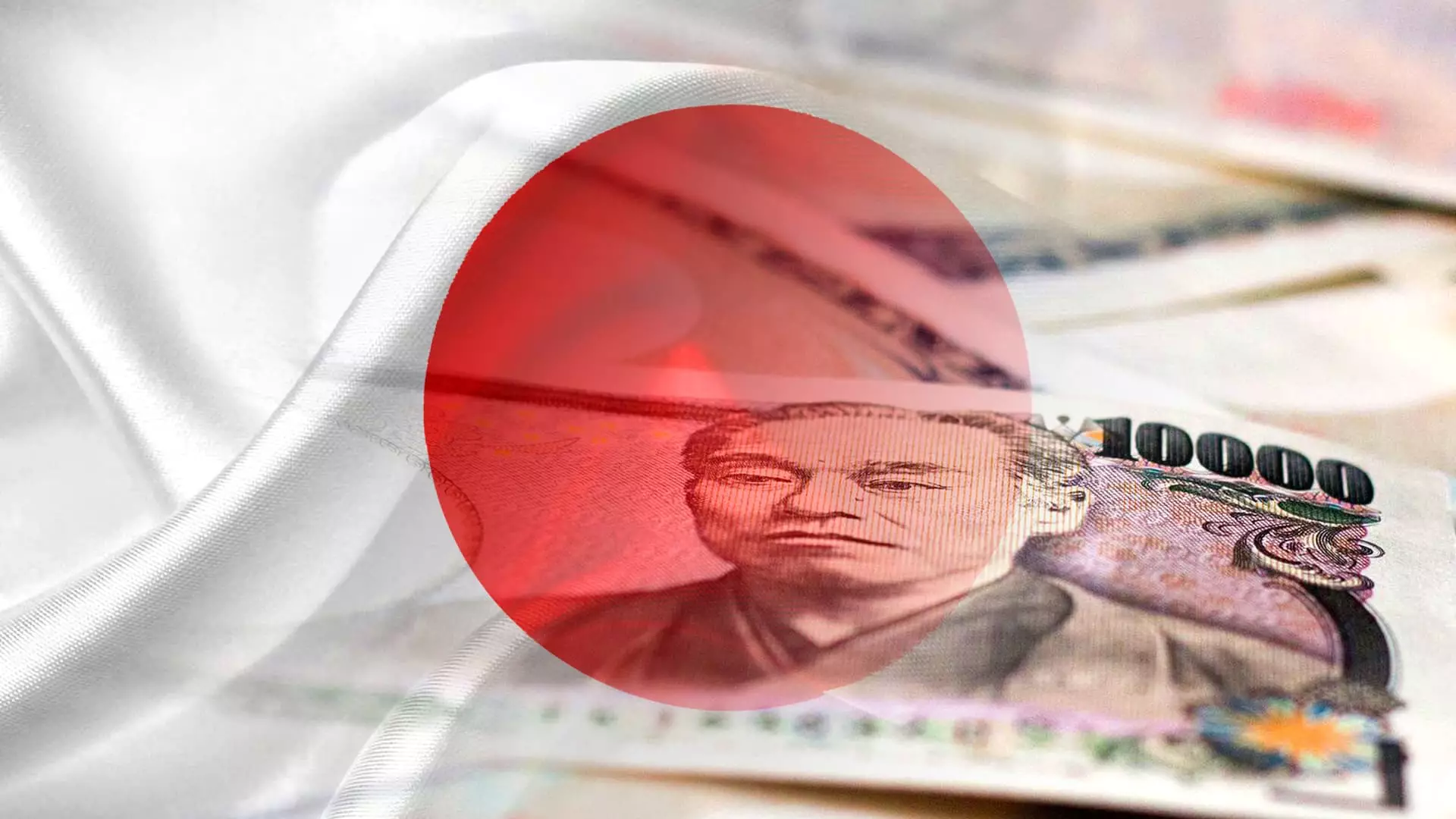Japan’s central bank, the Bank of Japan (BOJ), made a significant decision on Tuesday to raise interest rates for the first time since 2007. This move marks the end of the world’s only negative rates regime, which had been in place since 2016. The BOJ raised its short-term interest rates from -0.1% to around 0% to 0.1% at the end of its two-day March policy meeting, signaling a departure from its ultra-loose monetary policy.
Despite the rate hike, the Bank of Japan is cautious about embarking on aggressive rate hikes. The BOJ emphasized that it anticipates maintaining accommodative financial conditions for the time being due to the fragile growth in Japan’s economy, which is the fourth-largest in the world. The central bank reassured that it would continue purchasing government bonds at roughly the same amount as before, around 6 trillion yen per month, while also committing to nimble responses to any rapid rise in long-term interest rates.
In addition to raising interest rates, the BOJ announced changes in its radical asset purchases and quantitative easing policies. The central bank stated that it would stop buying exchange-traded funds and Japan Real Estate Investment Trusts (J-REITS). Furthermore, the BOJ pledged to gradually reduce its purchases of commercial paper and corporate bonds, aiming to cease this practice within about a year. These changes represent a historic shift in the BOJ’s monetary policy and signify a significant pull back in one of the most aggressive monetary easing exercises in the world.
Following the Bank of Japan’s decision to raise interest rates, the Japanese yen weakened against the US dollar, reaching as much as 149.92. The Nikkei stock index experienced fluctuations between gains and losses, while yields on the 10-year and 30-year Japanese Government Bonds (JGBs) dipped. Financial markets had adjusted over the past week in anticipation of the BOJ potentially normalizing rates earlier than expected, based on preliminary wage negotiation results and local news reports.
The Bank of Japan has been closely monitoring wage growth and inflation trends in the country. Despite “core core inflation” exceeding the 2% target for over a year, the BOJ had maintained its ultra-loose monetary policy stance. The outcome of this year’s annual “shunto” wage negotiations was considered crucial by BOJ Governor Kazuo Ueda for sustainable price increases. The central bank expects higher salaries to stimulate domestic demand and fuel inflation, leading to the achievement of its price stability target by 2024.
The recent decision by the Bank of Japan to raise interest rates for the first time in over a decade represents a significant shift in the country’s monetary policy. While the central bank remains cautious about aggressive rate hikes, the move signals a step towards normalizing monetary conditions and addressing the challenges posed by a fragile economic growth outlook. The impact of these changes on Japan’s economy and financial markets will be closely monitored in the coming months.


Leave a Reply